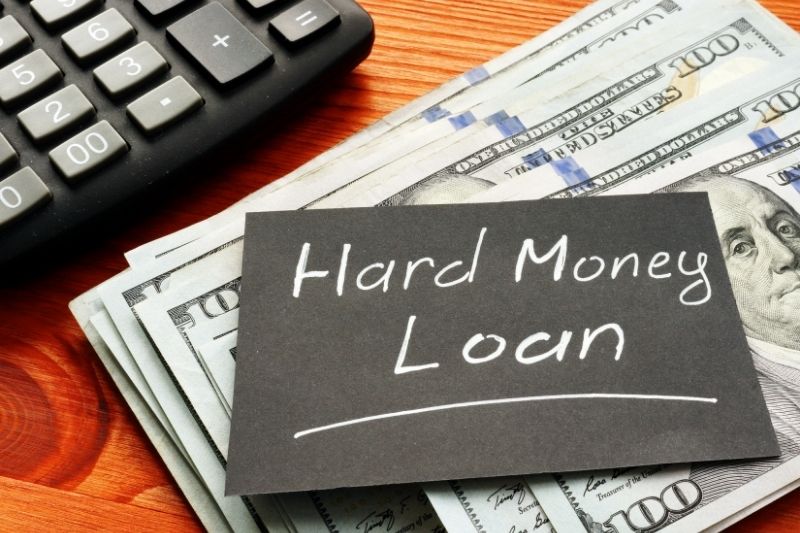A Brief History of Hard Money Loans
The often misunderstood concept of hard money lending has been known as the black sheep of the money lending industry for a long time. As a matter of fact, hard money loans in some shape and form have been around since ancient civilizations. Hard money is a valuable concept of credit financing dating back to around the 18th-century B.C.E.










